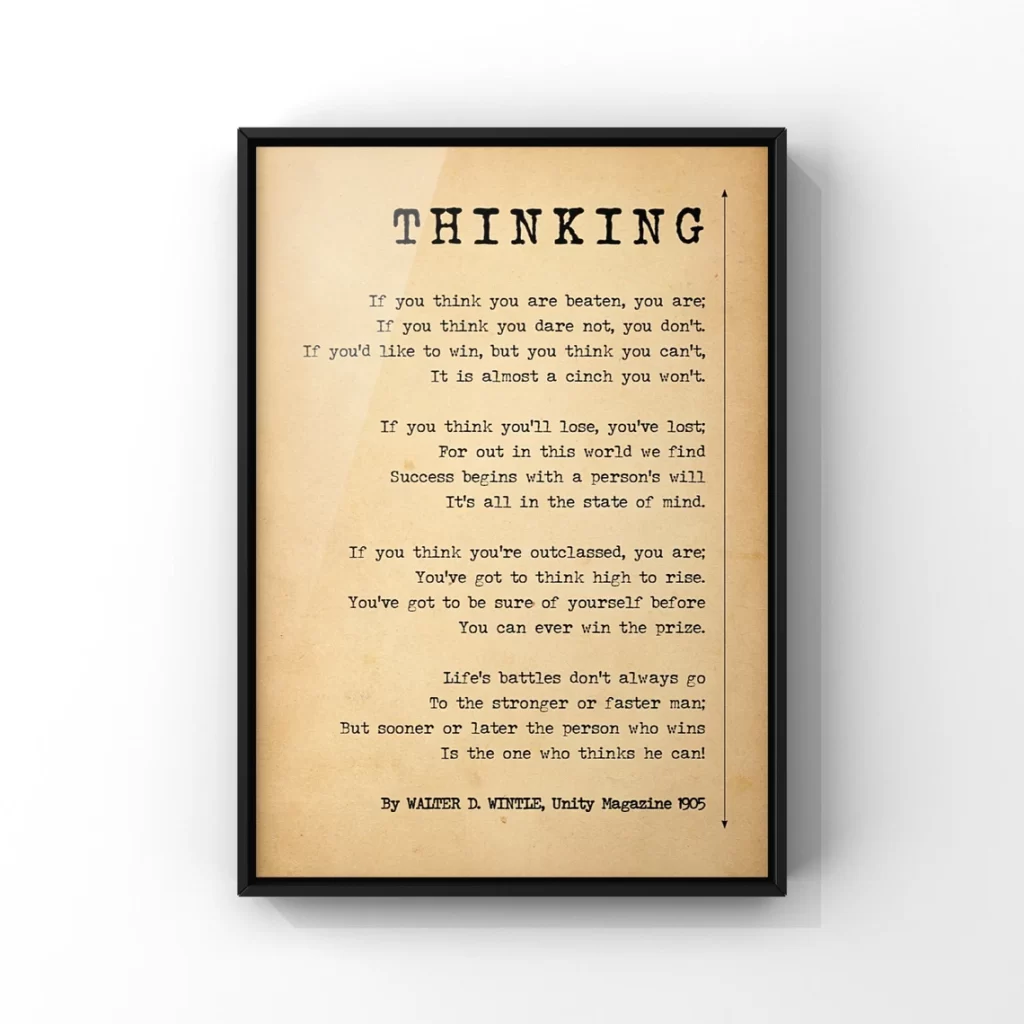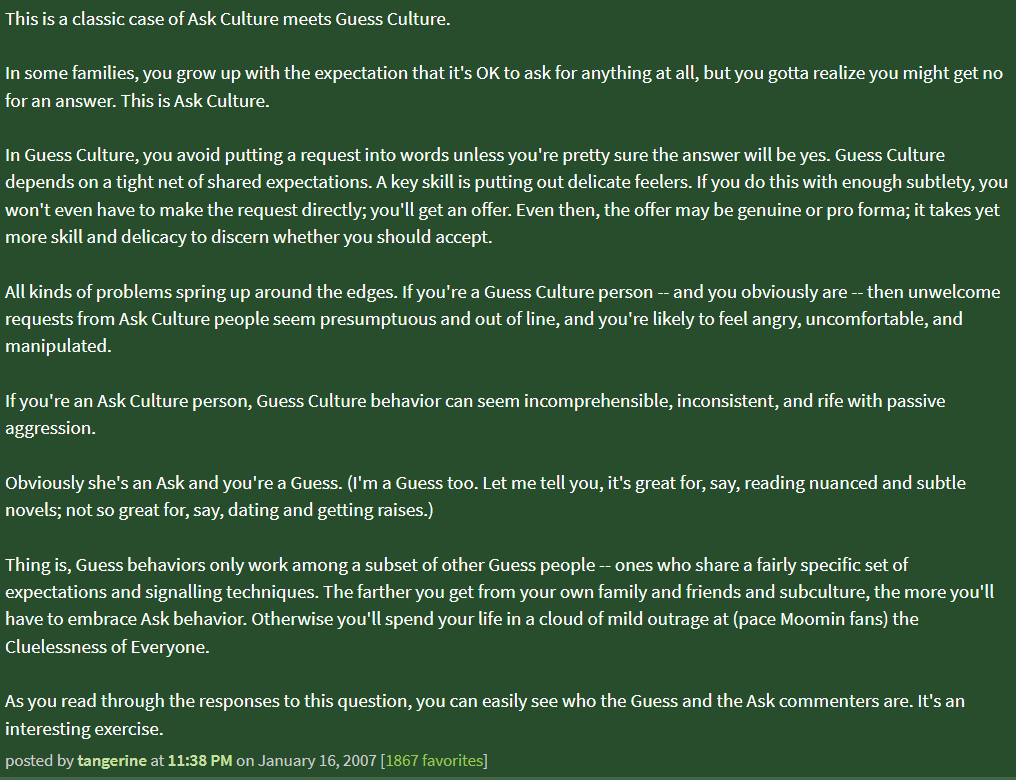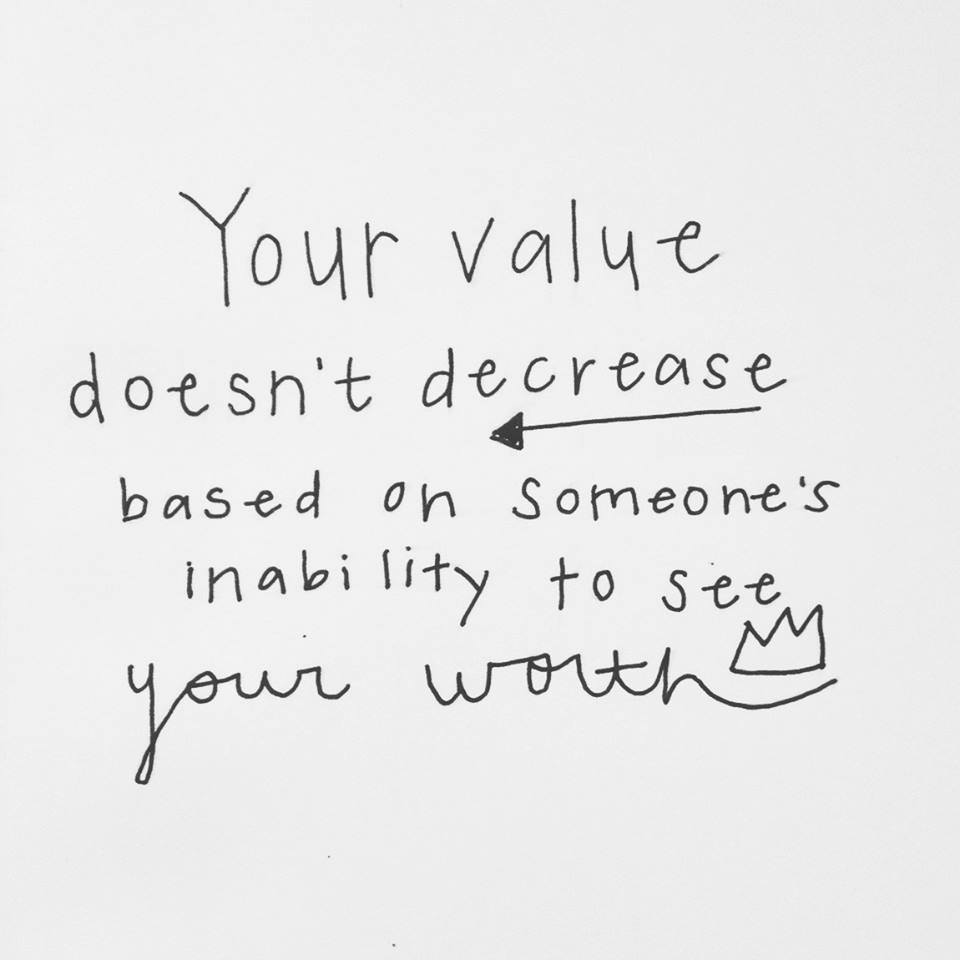
In teaching, expectations matter. The single biggest thing you can do as a teacher to help student achievement is build a good relationship with your students, and have high expectations of them.
Being a teacher is learning to manage your own mind so you can help your students improve theirs. Rita Pearson talks about the need for every child to have a champion.
No one can learn, or succeed, until they believe they can.
At Teachers’ college, students returned after practicum, and were either devastated or delighted. Devastated if they’d had a teacher who didn’t believe in them, after only seeing them in action after a few short weeks.
Conversely, others had mentor teachers that said to them ‘you will be a good teacher, and it’s my job to show you how.’ They knew that if those student teachers ‘failed’ it was because they hadn’t helped them enough or shown them clearly enough. Those people had amazing student teachers.
They believed them to be amazing, and so they became amazing.
Teachers don’t realise the power of their expectations in creating their own reality, and the reality of the students in their charge.
My first teaching position, I worked for someone who, after a few weeks, decided I wasn’t good enough. After nearly two years, she refused to register me. She had set me up to fail, hunted for any failure, and then had the audacity to be surprised when she saw only failure.
This experience haunts me.
It wasn’t only me. There were student teachers who left teaching, crippled by her performance report. Senior teachers who left demoralised, no longer believing in their abilities.
Expectations create reality.
We bandy about quotes like ‘Whether you think you can or you think you can’t, it will become true’, from great people like Henry Ford.
This is fine when you’re working alone.
Whether your employer thinks you can or cannot creates an entirely different dynamic. If they believe you can’t, it can be an insurmountable barrier, regardless of how positive you are.
What you believe about a person or situation has so much power it can become true.
When you are in a position of power – employer, parent, teacher, manager, mentor or influencer – your expectations impact more than just you. They create the culture.
When you can believe in those in your charge, and set them up to succeed, your belief becomes truth.
Conversely, if you look only at the reality of someone making mistakes, then conclude that can’t be changed and they’re useless, then that will also become true.
If you waver in your belief, only the most obstinate will survive.
For anyone in a subordinate position who ‘fails’, it is very easy to dismiss this as ‘they weren’t good enough’, ‘they weren’t a good fit’, ‘they didn’t belong here’.
A much harder reckoning to have is what the person in power did or did not do to help that person succeed. The employer, teacher, parent, or other authority has a huge role in their charge’s success or failure.
Expectations of those in authority play a much larger role than people are usually willing to acknowledge.
If we believe that someone will fit in, they probably will.
If we believe that someone will do a good job, they probably will.
If we believe that someone is competent, they will be.
Why? Because our brain looks for evidence of our beliefs, until that becomes the truth.
It’s not the only aspect, but it plays a larger part than people are willing to admit.
If you find yourself in a situation where you think the people around you are grossly incompetent and everyone sucks, chances are you’re a victim to some shitty expectations, and you may benefit from an expectation adjustment.

Expectations shape how we show up, it shapes how we act, interact, and react.
Your thoughts matter.
Your expectations matter.
This is largely how the placebo/nocebo effect works. In any clinical study, researchers need to take into account the effect of placebos on trial participants, so much so that this is why the gold standard for research is to have a double blind study where there’s a group that’s given the intervention, told they’re given the intervention, then there’s a group that are told they’re given the intervention and given a fake.
Over and over again, when people are given the placebo, their pain is decreased, symptoms reduced, allergies reduced, simply because they believed that they would be. Science has yet to fully explain it, but it goes something along the lines of our minds conceive that this thing works and the relationship between our mind and body is such that it makes it so in our bodies.
This is true with antidepressants, with pain medication, with social experiments and so many other things.
The nocebo effect is equally as powerful. When we believe an intervention won’t work, it doesn’t matter how much science is behind it, it will not work for us.
This can be a very powerful phenomenon, and brings some truth to the woo-woo notion of things like ‘the secret’ and ‘manifesting’ things by way of visualising them.
Worry, or visualising the worst case scenario, can make that more likely to come to pass as well.
This is the basis of a great many quotes about mindset:
What we believe, we can achieve. What we resist, persists. If you think, you can. Energy flows where focus goes. Our attitude determines our altitude.
I’ve thought long and hard about how to couch my Italy work experience, and if I should say anything at all. I feel like I have alluded to the fact that it didn’t go great.
It’s funny how expectations show up in real life like foreshadowing in a story.
The agency called me the week before I went, and said the family would need some space because there were some delicate health things going on.
Then, the agency called me the day before I left and said the family was worried they weren’t going to have enough family time.
That’s fine. I have books to write. They can just tell me when they need me, says I.
The mother said to me on the first day that they were a bit nervous about having someone there, particularly because I’d never lived with a family before.
The girl we had last year just stayed in her room the whole time and didn’t really want to engage with us, says she. I now understand why.
She thought they needed childcare for while they were both working, but the husband thought they could do without me.
It became apparent early on that these people would be difficult to please. As in they do not know how to be pleased. What they said that they wanted, and what they actually wanted were completely different, and one was supposed to just know this.
They weren’t able to articulate it.
They were very articulate with their rage when one didn’t read their mind though.
In this particular situation, there was some cross-cultural misunderstanding, some drastically different expectations, and an amazing lack of self-awareness that contributed to this situation. I don’t pretend I was perfect, but I was trying my best, and any problems I corrected.
But I think mostly it was the difference between Ask culture and Guess culture.

Ireland is a little bit like that, but this was another level. They actually could not articulate what they wanted or needed, and hated that I wanted them to.
The downside of being empathetic is I seem to be hugely susceptible to people’s expectations of me, for better or for worse. They emanate from people, like a wind, whether it be a warm welcoming breeze or a cool, fierce southerly.
I could tell they weren’t happy, but I didn’t know how to fix it.
I have since been through the rainbow of emotions, but settled mostly upon pity.
I feel sorry for them because they want to be happy, but don’t know how to create it.
I pity their child who isn’t learning to deal with tricky emotions.
It’s a shame that they don’t know what they don’t know. It’s a bigger shame they aren’t willing to learn.
It’s very sad that they have copious material possessions, but so little joy.
I like people liking me – nay, adoring me – and I go out of my way to make that true. I realised that pleasing people was not the way to cope in this situation. Some people do not want to be gotten on with.
Perfectionists blame themselves when things go wrong because then they have a perception of control over the situation. I’m very good at blaming myself for things.
I couldn’t blame myself for the things they were trying to blame me for. It became so laughable, I couldn’t take them seriously anymore.
I found out – too late – that they’d been complaining everyday to the agency about me. Not to me, though, so I could fix anything.
After 2.5 weeks I left. I found out afterwards they had changed their travel plans, so my services were no longer needed anyway.
I have worked too long and too hard to be treated like a teenage babysitter, or yelled at like a wayward servant for not reading people’s minds, to have my character and professionalism called into question.
Life is too short to stay somewhere where you’re not appreciated.
Life is too short to stay where your mental health is detrimentally affected.
The part that they don’t seem to have realised was that while they were busy complaining and seeing only mistakes, I’d formed a great relationship with their son.
We had in-jokes, and we were making progress. He was reading, in English, and enjoying it. We had done loads of science experiments, and he’d loved them! He had learned to put his own sunscreen on and was growing in independence. We’d gone to the beach, and he’d gone in the ocean and had a ball of a time. He was having play dates with kids and forming friendships – just like they wanted.
But if you have the belief that someone is not a good fit, you don’t see any positives. Your brain is not an honest observer. It will find evidence for your beliefs, and ignore anything that contradicts it.
I ended up with a bonus week of writing, relaxing, and getting to see more parts of Italy than I otherwise would have, so I guess there was some benefit to my time there. I loved swimming in the Mediterranean every day, and learning Italian. The kid was really cool, when the parents weren’t around. It was a beautiful place to spend nearly 3 weeks, and I had a couple of weekends to explore while they had private family time.

My inner peacemaker keeps trying to convince me it wasn’t that bad, and I’m just being a drama queen. So why am I posting any of this? This post serves as a reminder to myself that yes, actually it was that bad, and no, no, we will not be putting ourselves in such a vulnerable position again, and calling it a summer holiday.
In the end, I got paid, and I also earned a very valuable lesson in the power of expectations.

I’m hoping in the vague telling of this story that I’ve not diminished your opinion of me too much – I’m actually really scared about admitting to any of this because I logically know ‘they were crazy’ but I feel it as ‘I’m a failure, and this is my fault’. If you think I must somehow be to blame for this after reading this, hahaha oh you are not alone. But after weeks of musing on this, I’m really proud of myself for taking myself out of such a toxic situation. I had done everything within my power to try and make the situation work, but this not working was about a lot more than just me.
Further links:
Paper on teachers with high expectations
Very illuminating podcast talking about the effects of belief, mindset etc – Hidden Brains Reframing your Reality Pt 2